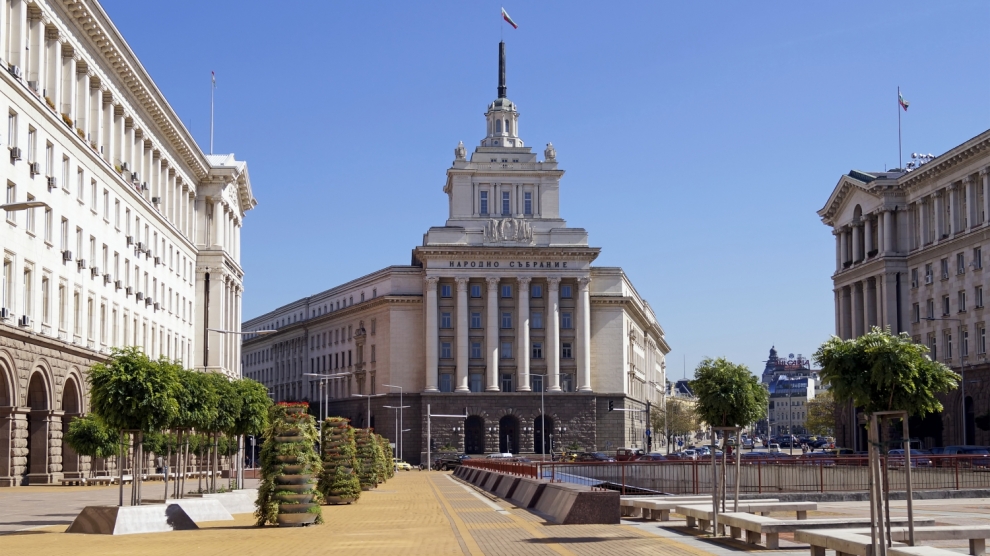At first glance, both Boyko Borissov – now in his third term as Prime Minister of Bulgaria – and his party GERB have accomplished a lot. The unemployment rate is around 6 per cent (the lowest since 2008) and GDP per capita is increasing. Furthermore, Borissov has embarked on several impressive foreign policy initiatives. The PM hosted the EU-Turkey summit in Varna on March 26, and the cabinet has set the integration of the Western Balkans as a top priority for the Bulgarian presidency of the EU Council. This initiative could not only prove to be very beneficial for the economic development of the region but to also limit Russia’s persistent attempts to destabilise the Balkans.
However, even with expected economic growth of 4 per cent for 2018, Bulgaria remains the poorest EU country and the one with the highest level of corruption in the public sector (Transparency International’s CPI, 2017). The freedom of the press has rapidly deteriorated. According to the annual media freedom index published by Reporters Without Borders, Bulgaria collapsed from the 36th position in 2006 to 109th in 2017. The party system is at the stage of a cartel. In general, ruling formations are tempted to use the resources of the state in order to remain in the corridors of power. Nepotism is widespread. Often, instead of engaging in a real competition, parties prefer to work together behind closed doors, a malicious practice which enables each of them to receive a piece of the pie. The recent sale of CEZ Bulgaria to the small and virtually unknown company Inercom, as well as the chaotic reaction of Borissov’s government to the deal which will affect 3 million consumers, remains the biggest scandal that continues to pose a threat to the ruling coalition between GERB and the United Patriots (UP).
The UP consists of three small populist radical right parties – Ataka, NFSB and IMRO. The actions of the leaders of these formations often cast a menacing shadow on Borissov’s ambition to portray his government as a pillar of EU values and a loyal supporter of NATO. The Bulgarian PM withdrew from parliament a motion to ratify the Istanbul Convention on preventing and combating violence against women, faced with ever-growing resistance from the UP, the opposition BSP, and more broadly, with the population. In April 2018, Mr Volen Siderov, the leader of Ataka and an admirer of Vladimir Putin’s regime, said in Crimea that the peninsula was “not annexed by Russia” and claimed that under the influence of his party, the Bulgarian government decided not to expel Russian diplomats over the Scripal affair – a position which is in sharp contrast with the stance of NATO and most EU countries.
The opinion polls reveal that despite the incessant scandals GERB remains the strongest political party. However, the gap between Borissov’s formation and the Socialists is shrinking and at present stands at only 2.5 per cent. The most popular politician, with an approval rating of 57 per cent of respondents, is President Radev, who was elected with the help of the Socialists. Borissov’s own rating (33 per cent) lags far behind. The public support for the United Patriots has been reduced significantly to a mere five per cent. In order to demonstrate that they have not been tamed by GERB, the leaders of the UP are becoming more and more critical of Borissov’s policies and engage in risky publicity stunts.
It is likely that the ongoing scandals will take a toll on GERB while its unruly partners continue to resort to a political blackmail. In this situation Borissov may decide to throw the towel once again and roll the dice by causing a snap election. Thus he will be able to catch the opposition, which grows stronger but is still not ready to rule, off guard. After all, the leader of GERB already employed successfully this strategy at the end of 2016, after his party lost the presidential race.
—
The views expressed in this opinion editorial are the author’s own and do not necessarily reflect Emerging Europe’s editorial policy.

